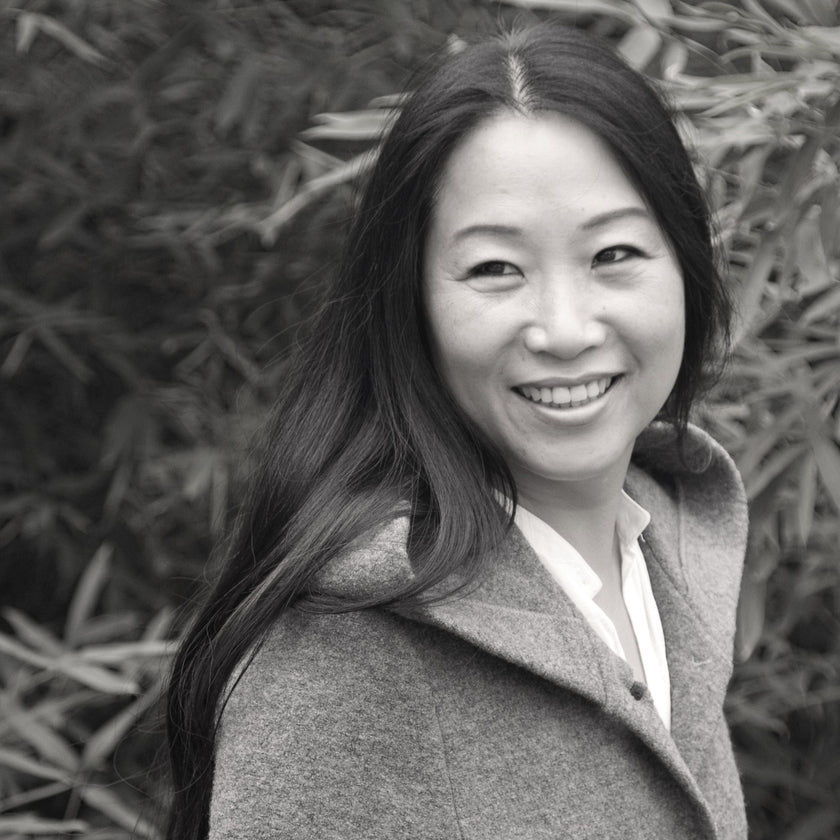Li Chevalier

Li Chevalier is a French artist born in Beijing. In 1984, she went to Paris to study philosophy at Sorbonne and political science at L'Institut d'Études Politiques de Paris. Lee studied art in London, where she subsequently received a diploma from Central Saint Martins College of Art and Design and was selected to participate in the Royal Academy of Arts Summer Exhibition.
Li Chevalier works on the border of landscape and abstraction, traditions of the West and East, creating poetic and deeply symbolic works. The artist has a unique style, which is based on the principles of Chan painting. This school connects the artistry of Chinese ink with the practice of meditation: in order to capture their vision, the artist must demonstrate exceptional skill with the brush. The chosen base, silk or paper, is an integral part of the landscape. Remaining visible, it turns into an expressive background for the composition. Li often mixes techniques, experimenting to find new ones, and chooses canvas as a background. It gives the pigment a special function and reveals new nuances in working with technology.
At the heart of Chevalier's work is the desire to find a balance between Western reason and Chinese thought, which recognizes the impermanence of life. Combining two different techniques, she applies ink to canvas using pigments, sand and collage. The artist practically does not use artificial materials. She draws inspiration from the five natural elements according to the Chinese philosophy of Wu Xing. Fire helps create ink, which is obtained from the soot of trees, it develops in interaction with water, and is then complemented by silica sand, ocher earth pigments and other natural elements glued directly onto canvas, such as grass and tree leaves. The landscapes themselves are emphatically minimalist: endless expanses of earth or sky, clouds, river beds, rocks and pebbles.
Li Chevalier's works retain spirituality and contemplative meditativeness, but appeals to cosmic forces, to nature, poetic symbols and abstraction invite the viewer to rethink the world through the search for their own interpretations.
Very active in the international art scene, Li Chevalier has built her career on a transcultural and multidisciplinary path. Major monographic exhibitions of the artist were held at the Museum of Modern Art of Rome, the National Museum of Fine Arts of China, the Museum of Modern Art in Beijing, the Shanghai Museum of Fine Arts, the Chinese National Opera House and the Santa Maria della Scala Museum Complex in Siena. Li Chevalier's works have been represented in the collection of the French Embassy in China since 2011, and are also part of the permanent collection of the National Museum of China, the Chinese National Opera House, the Bernard Magret Institute in Bordeaux and other cultural institutions.

























































